Food Sovereignty & Regenerative Agriculture at COP 27
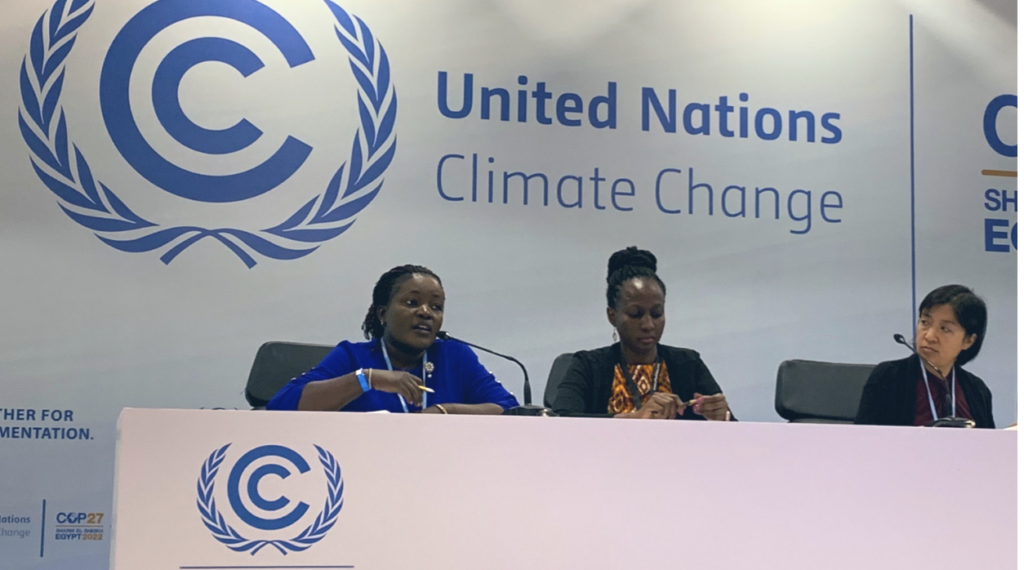
A growing body of evidence, including a report by the Intergovernmental Panel on Climate Change, supports Regenerate International’s claim. Regenerative agriculture practices, many of which are used by Agrarian Commons farmers, have the potential to remove carbon from the atmosphere and greatly mitigate the effects of climate change.
The Bhoodan Movement and Land Gifts as Revolutionary Practice
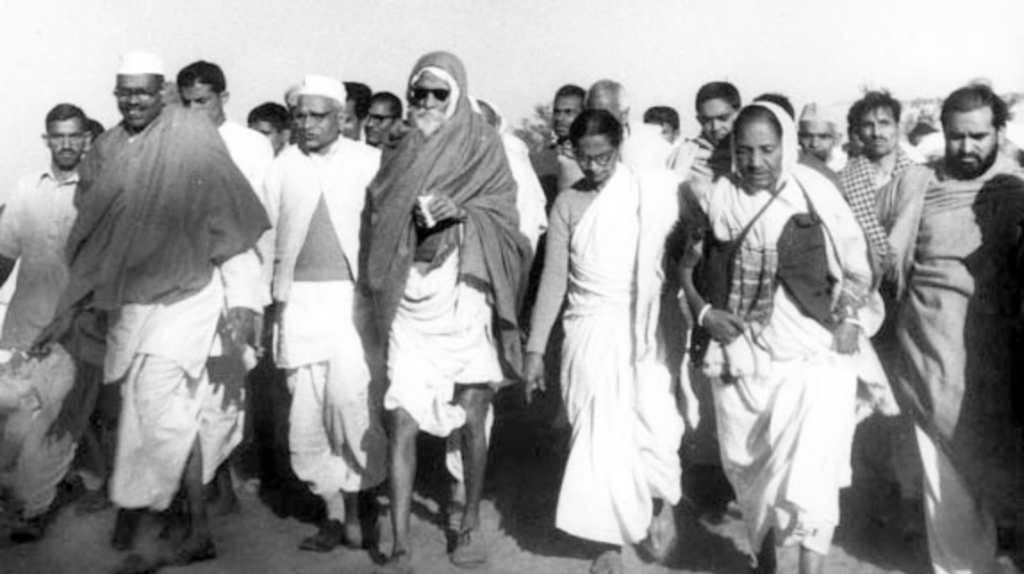
The Bhoodan movement serves as an example of the limitations of land-gifting, as well as its immense potential. On the one hand, land donations should be considered as one part of what should be a multifaceted approach, and cannot fully replace a concerted effort to influence policy and decentralize land holdings and power dynamics. On the other hand, the role of land donors should not be underestimated. Bhave and the Bhoodan movement showed that landowners are willing to make serious sacrifices in the name of a deeply moral cause.
Butz’s Law of Economics
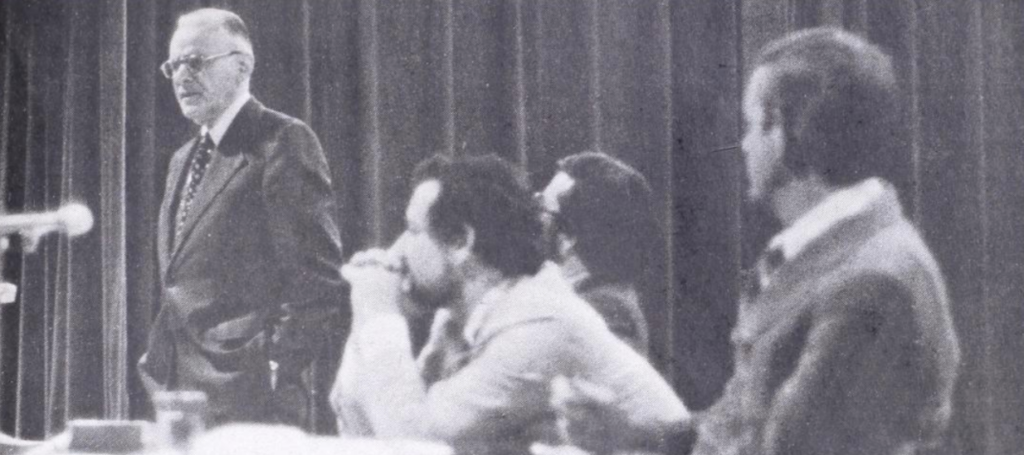
In 1977, two of the most influential figures in the history of American agriculture met at Manchester College in North Manchester, Indiana, to debate two widely differing visions of farming, culture, and the future of American farmland. Wendell Berry, the renowned poet, farmer, and writer defined the difference between himself and his rival, Earl Butz—the Secretary of Agriculture (1971 to 1976) widely credited with setting in motion the rapid consolidation of farmland in the United States—in simple terms. “We may never meet,” said Berry, “because he’s arguing from quantities while I’m arguing from values.” Where Berry saw the widespread loss of community, rural values, and care for the land, Butz saw an opportunity for increased profits.
What is the Dead Sea Declaration?
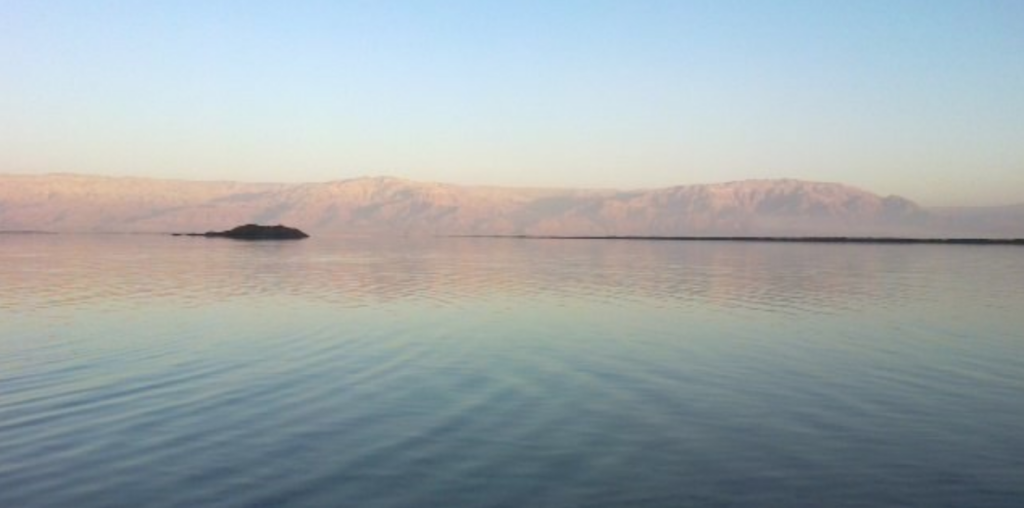
The Dead Sea Declaration comes at a critical moment in the movement for a more just and sustainable system of land governance. Time and time again, the stewardship of land by communities who live there has proven to be the most effective way to conserve the Earth’s ecosystems and climate. Eighty percent of the Earth’s biodiversity is on land controlled by Indigenous tribes: not as a matter of coincidence, but as a result of the centuries of knowledge and care practiced by Indigenous people. These bastions of biodiversity need to be defended at all costs. The knowledge and practice of these stewards can help inform efforts to expand people-centered land governance around the globe.
New Roots Builds Connections Between Local Farms and Schools
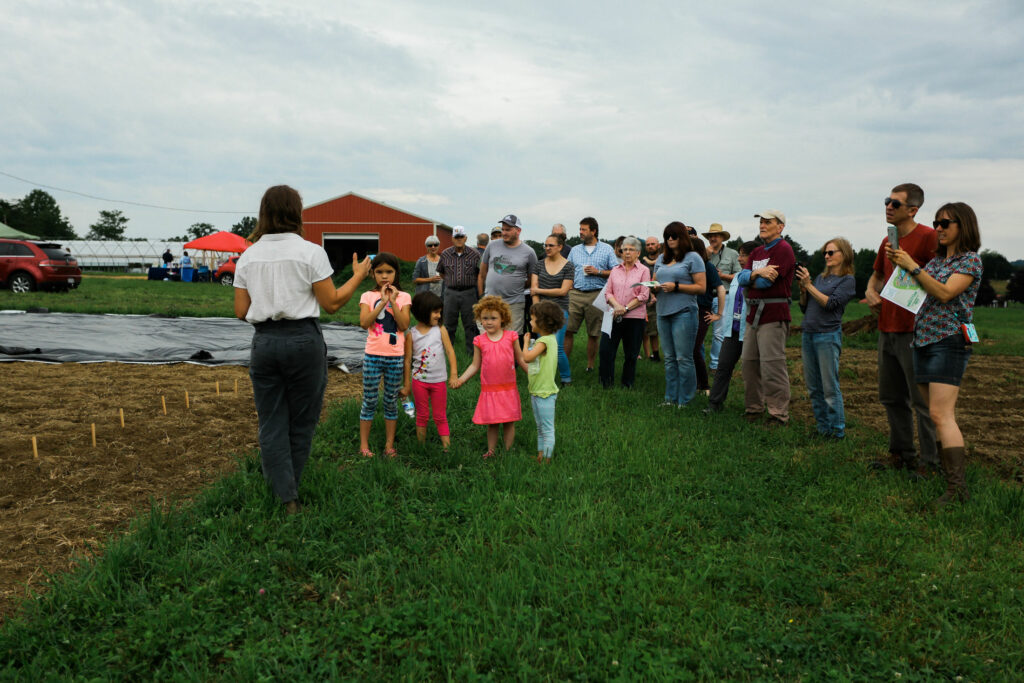
For the past year and a half, every Wednesday has been West Virginia Wednesday. On these days, the ingredients for students’ meals, including the frozen chickens, are sourced directly from local farms, providing a major source of income for farmers and access to healthy, locally grown food to students. This dual benefit is a key feature of Farm to School programming in Fayette County.
Give the Gift of the Commons
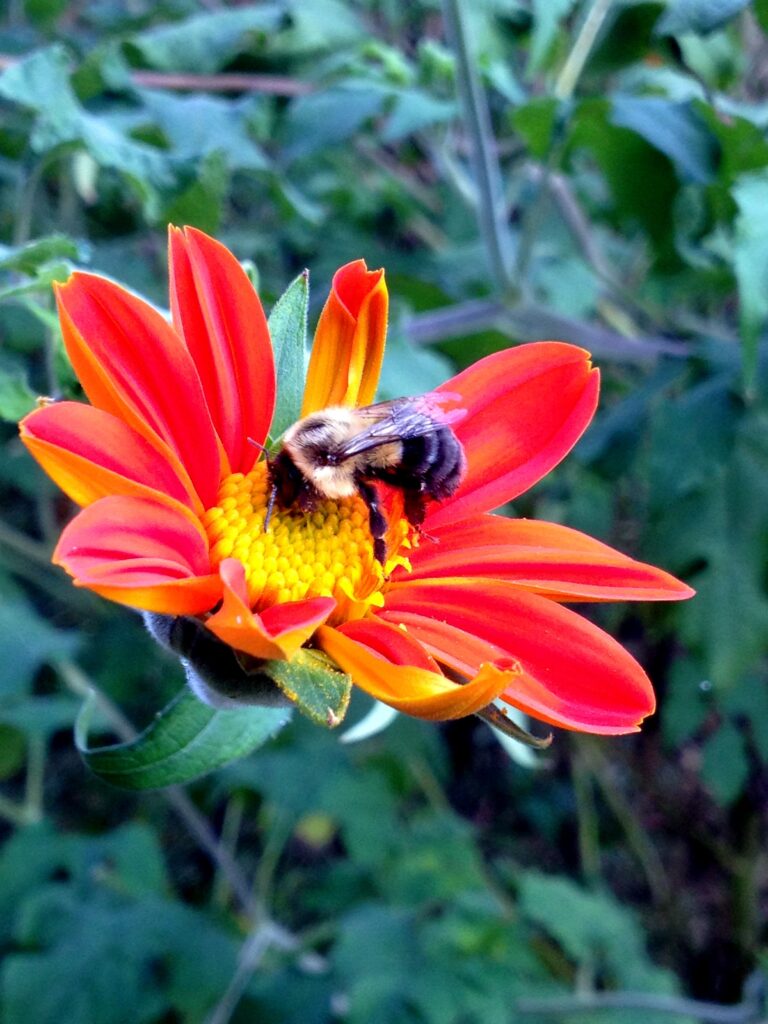
As 2022 draws to a close, we want to take a moment from the bustle of the season to reflect on some of these successes, and to share the work that still needs to be done.
We ask that you consider the variety of giving options Agrarian Trust provides, including our Alternate Gift Catalog, the Caring for the Commons Fund, and the ongoing fundraisers in Maine, Southwest Virginia, and Central Virginia. With your help, we can chart a new path for land ownership in the United States.
Weaving Webs of Connection with the Tennessee Local Food Summit
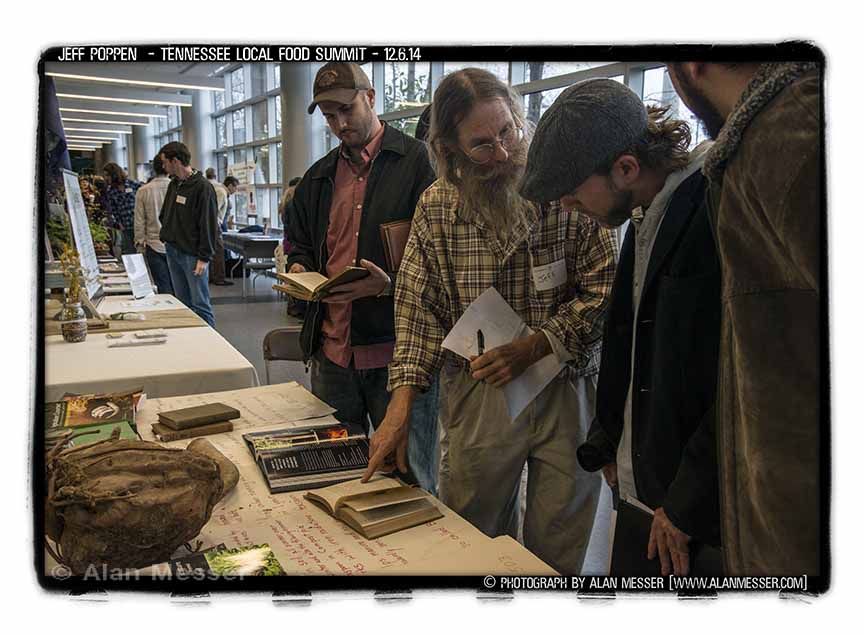
When Poppen founded the Tennessee Local Food Summit in 2010, it was the latest in a decades long lineage of organic farmers independently organizing events to support themselves and one another.
What Joni Mitchell’s “Big Yellow Taxi” Can Teach Us About Preserving the Land
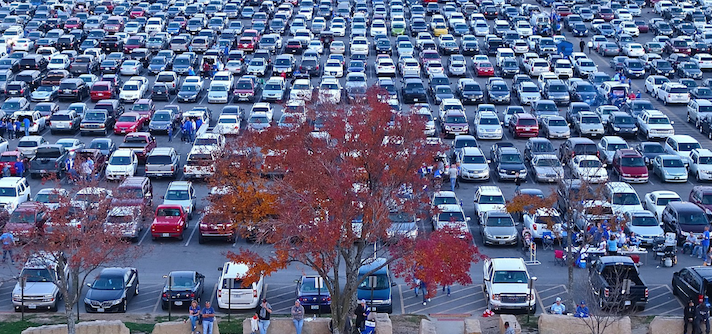
One sight that has become conspicuously absent from modern life is the small, biodiverse farm. In the 35 years before Big Yellow Taxi was released, the United States lost over five million farms, or more than half of the farms that existed in 1935. While the United States certainly has never been a paradise—most of these lost farms were stolen from Native Americans in the first place—this loss has had dire consequences for rural economies. As small farms disappear, we’ve seen an explosion of industrial farming practices that favor monoculture over diversity, productivity over soil health, and profit over community well-being.
The Ogallala Aquifer, Water Depletion, and the Promise of the Commons
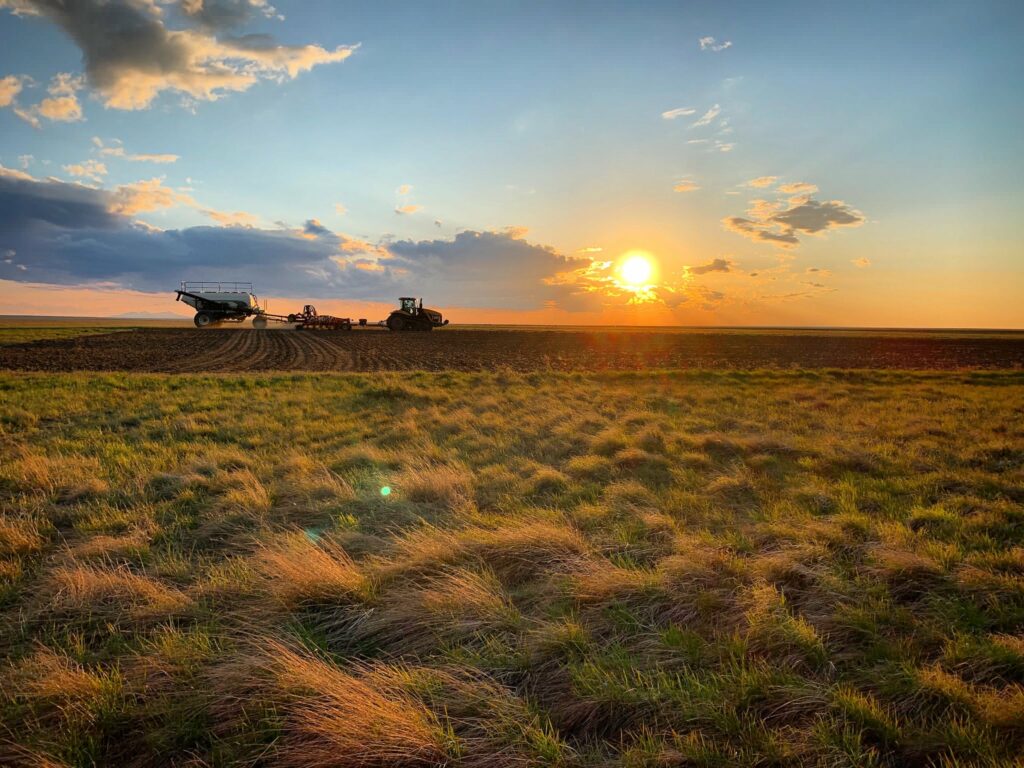
In California and the Midwest, extended droughts have already caused farmers to draw heavily on aquifers (large, underground reservoirs of water) to water their crops. The Ogallala Aquifer, which stretches across much of the Midwest, a region which produces one-fifth of U.S. wheat, corn, and cotton, and over a third of its beef, has already been significantly depleted.
The Global Roots of Community Land Ownership
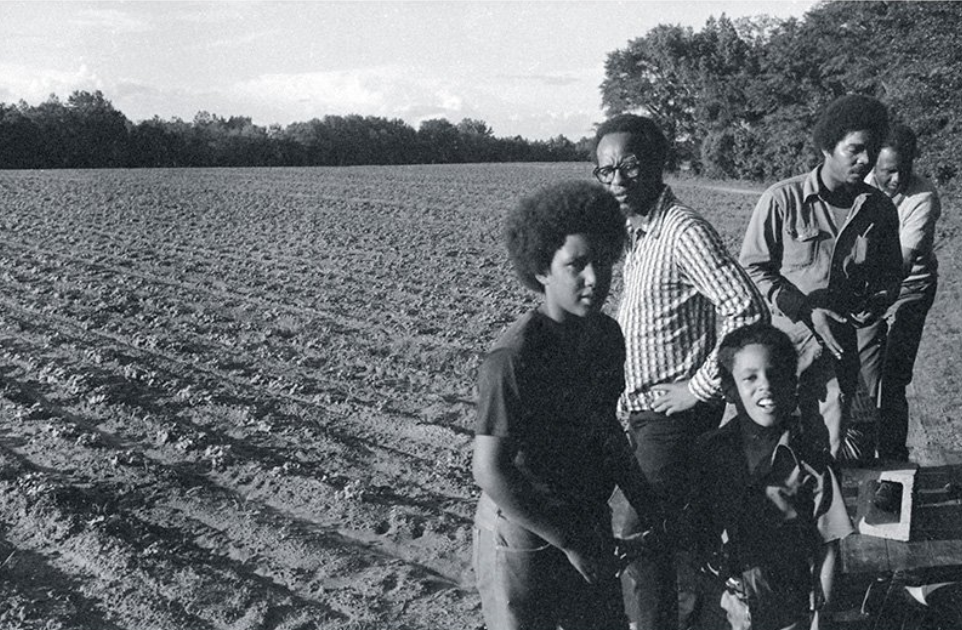
A CLT, according to Center for Community Land Trust Innovation, “is a nonprofit corporation that holds land on behalf of a place-based community, while serving as the long-term steward for affordable housing, community gardens, civic buildings, commercial spaces and other community assets on behalf of a community.” Like the Agrarian Commons, CLTs are based on the premise that land should be held and managed for the benefit of local communities.